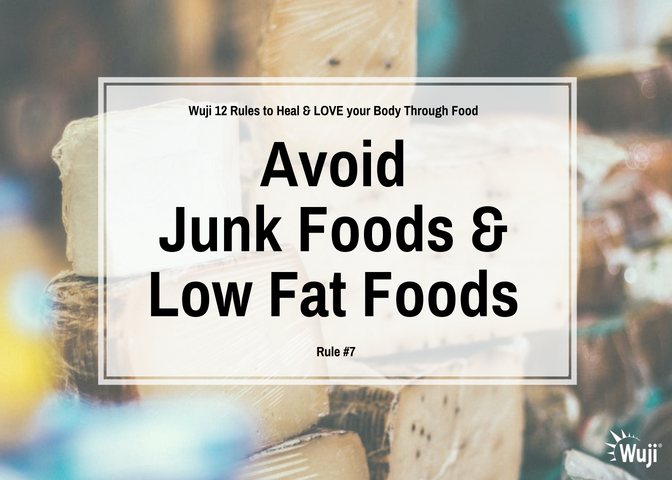
Although so many of us opt for “healthy fats” like olive oil, avocados, chia seeds, coconut oil and nuts, most of us still steer away from any full fat dairy. Without doubt you've heard, or even have said that “drinking whole milk will make you gain weight” “only the non-fat yogurt is good” “butter and cheese are bad for your heart.” According to research, these statements are actually false and could be the cause for declining health! Here are five benefits for choosing FULL FAT dairy:
- Lower Risk of Diabetes
Although keeping a healthy weight can definitely help with the risk of Type 2 Diabetes, research shows that dairy fat can improve metabolic health. Tufts University did a 15 year study that showed in comparison to those who ate the least fat, those who ate the most fat had a 46 percent lower risk of developing Type 2 diabetes. Dairy fat delays the absorption of dairy sugar and as a result blood sugar rises more slowly over a longer period of time, paralleling the pattern of insulin. When there is less insulin circulating in the body the risk of developing insulin resistance, and therefore diabetes, lowers.
- Lower Sugar Intake
- A Happier Heart
A 2016 published study in the American Journal of Clinical Nutrition found that consuming full fat cheese raises healthy HDL cholesterol levels more so than the consumption of low fat cheese. HDL Cholesterol levels are associated with a decreased risk of heart disease. This study’s conclusion builds on a 2014 review in the Current Nutrition Reports which found that because of the anti-inflammatory properties in some of dairy’s 400 unique fatty acids, fat from milk, cheese and yogurt does not contribute to the development of coronary artery disease.
- A Calmer Digestive Tract
For those with Lactose intolerance, whole milk and yogurt may be easier to digest as it is lower in lactose compared to low-fat or no-fat dairy. Butyric Acid, a fatty acid found in dairy, has also shown to supply the bowels with cellular energy and promote healthy gut bacteria aiding with the treatment of IBS.
Although Full Fat is better for our health than the alternative, none of this means you should gorge yourself on full-fat dairy. Dr. Mario Kratz, first author of the review and a nutrition scientist at the Fred Hutchinson Cancer Research Center in Seattle says, “we shouldn’t swing the pendulum too far in the other direction and say, ‘Put butter in everything and eat as much dairy as you want’” Compared to many foods—especially vegetables and fruit—dairy contains no fiber, which is critical for digestion, for how the body manages sugar, and which plays an important role in maintaining a healthy weight.
But if you’re deciding between skim milk and whole milk, the existing research argues you may be better off grabbing the full-fat stuff.

